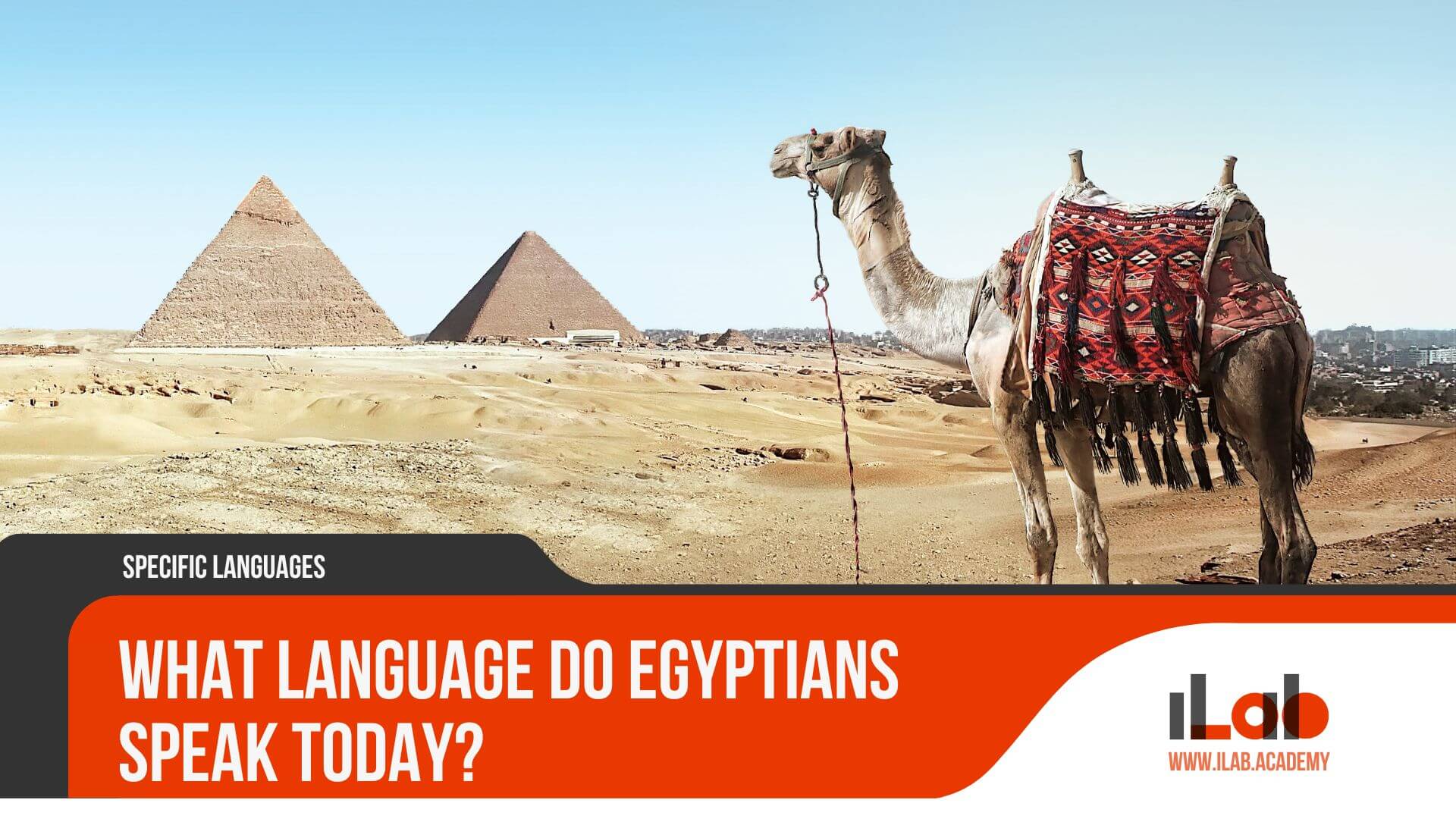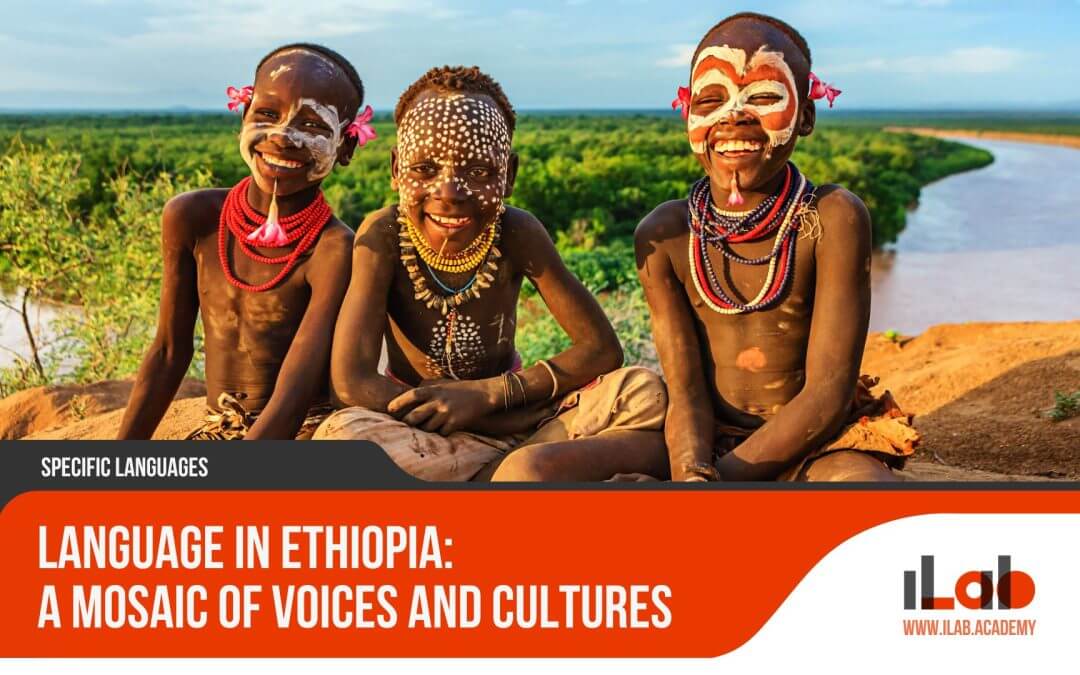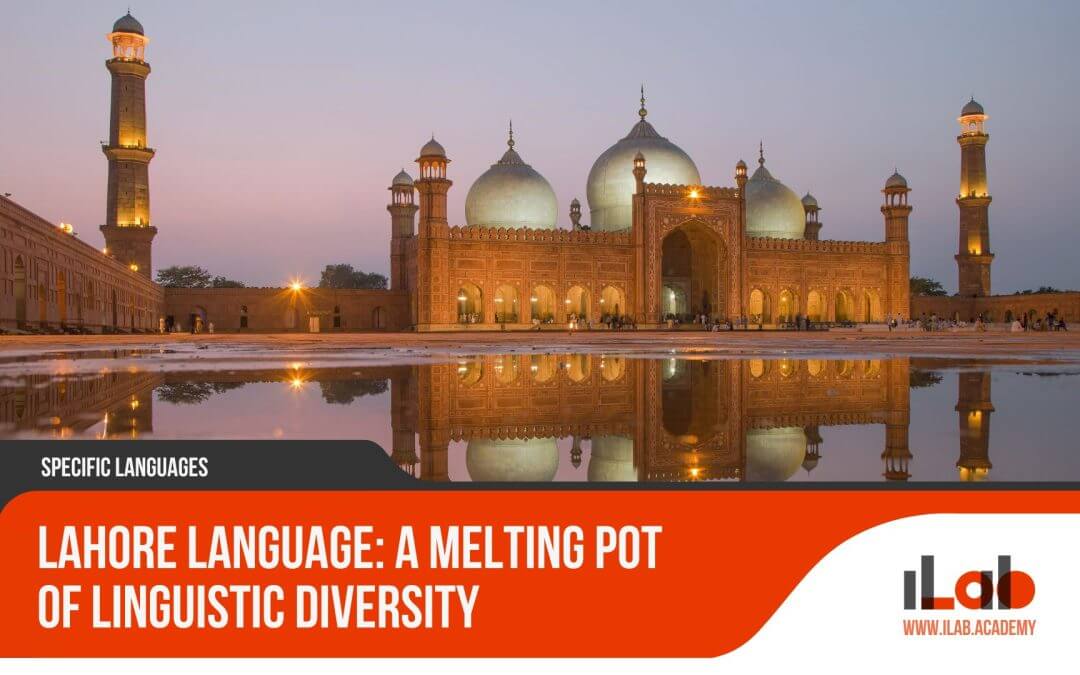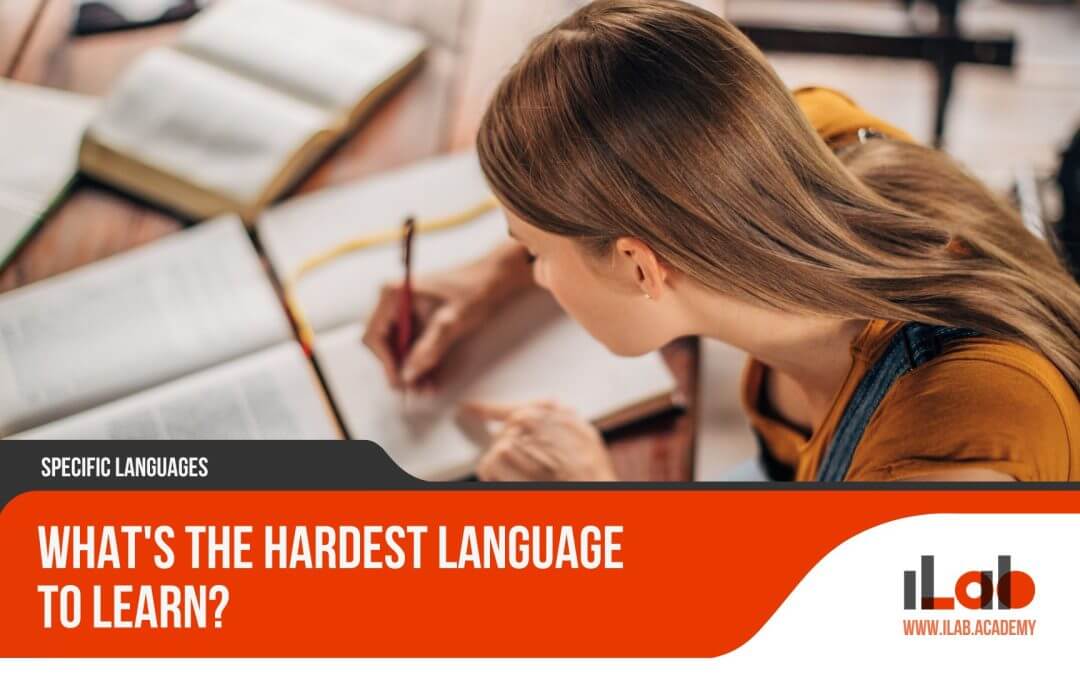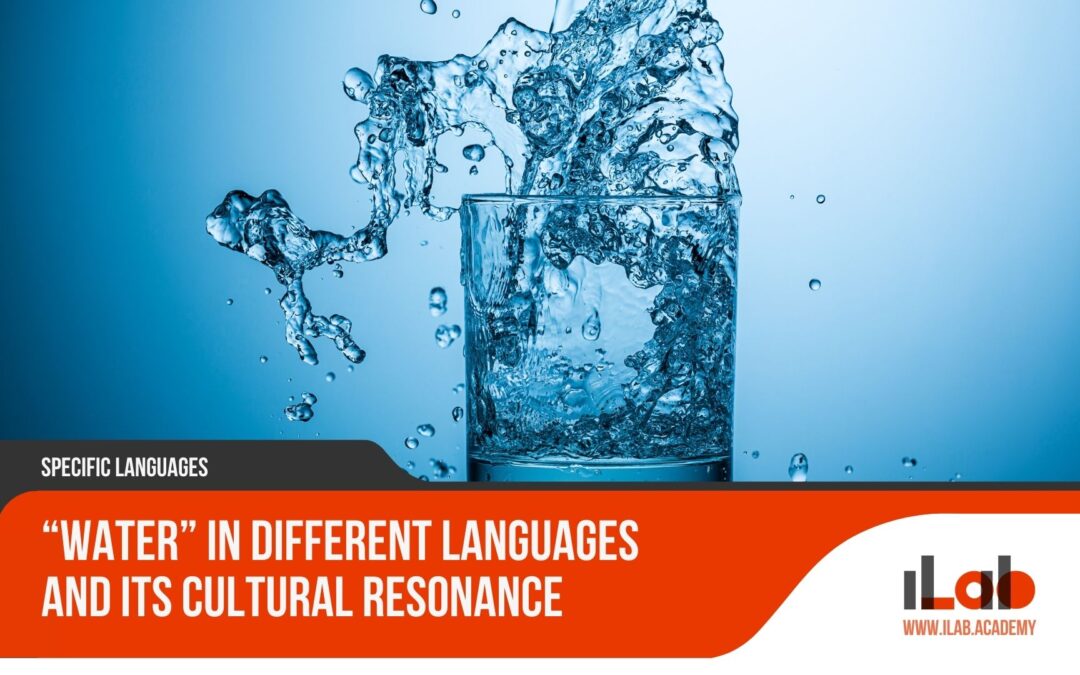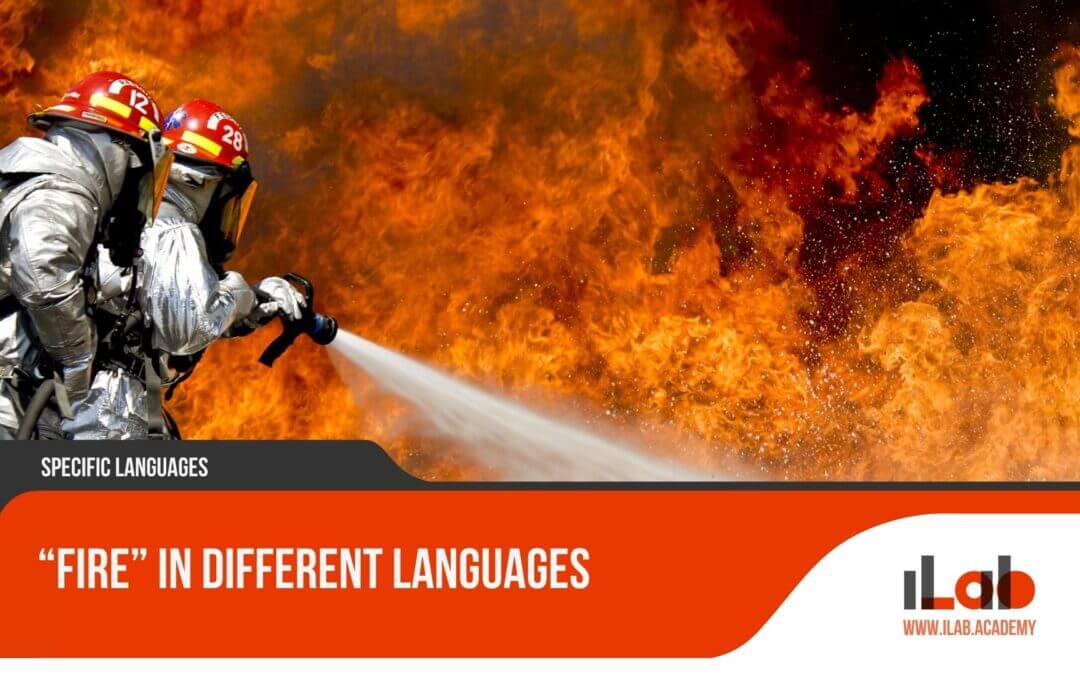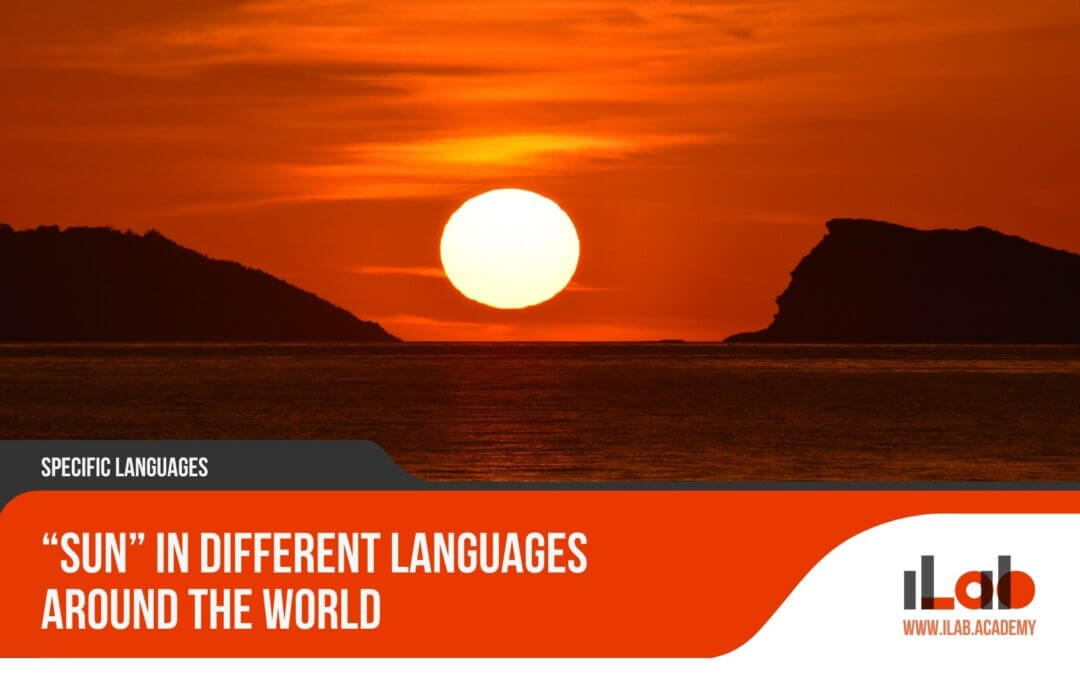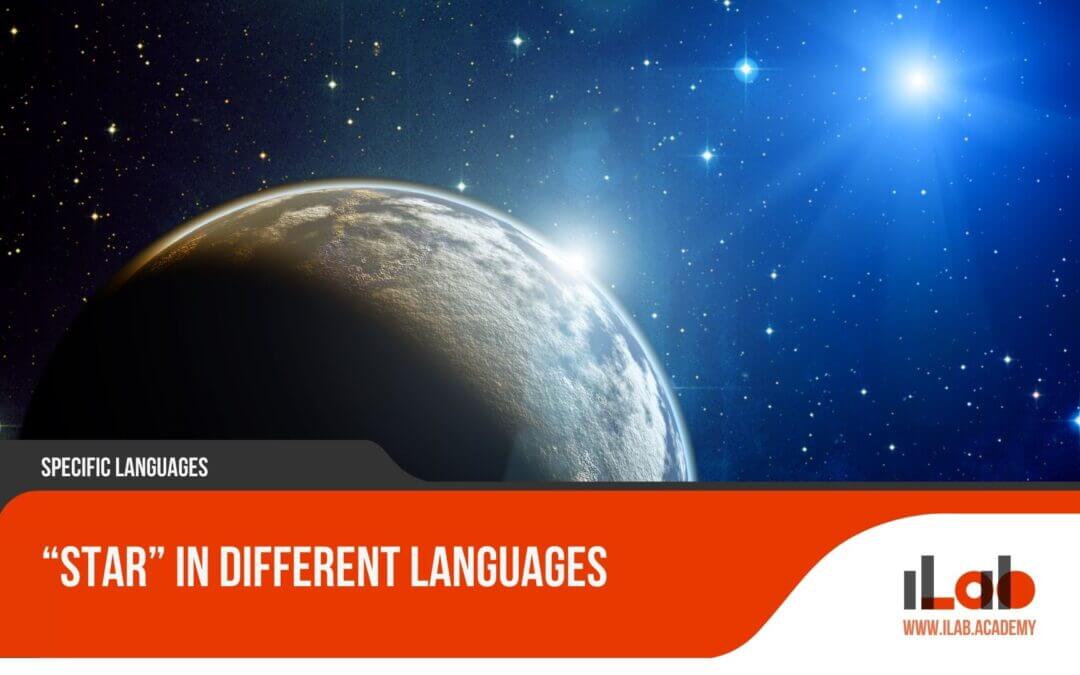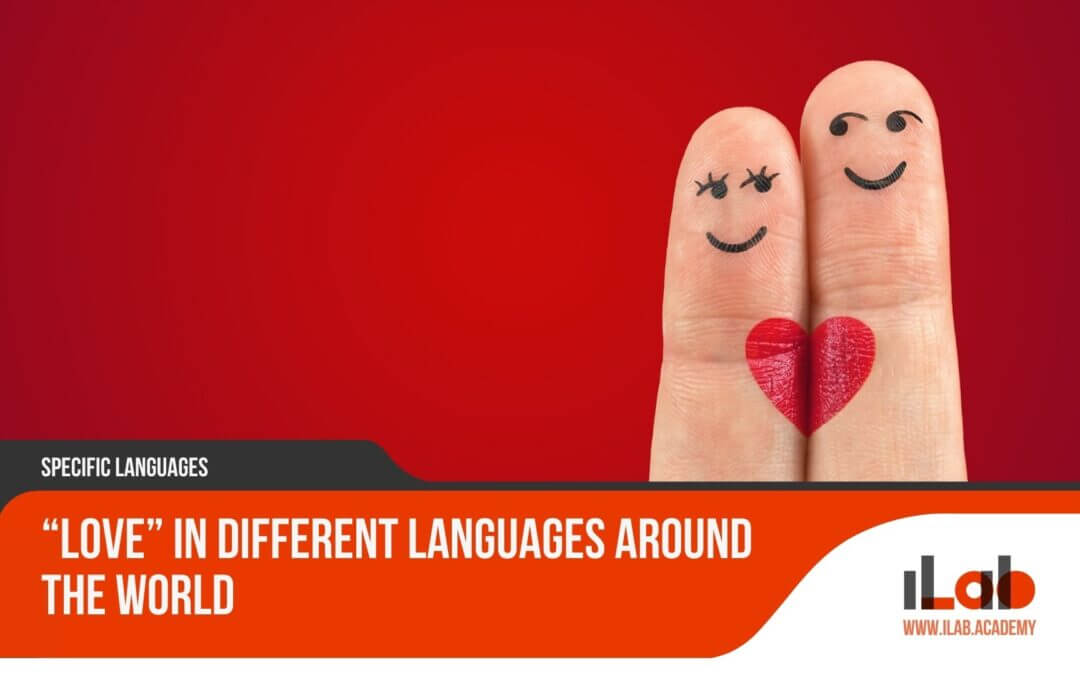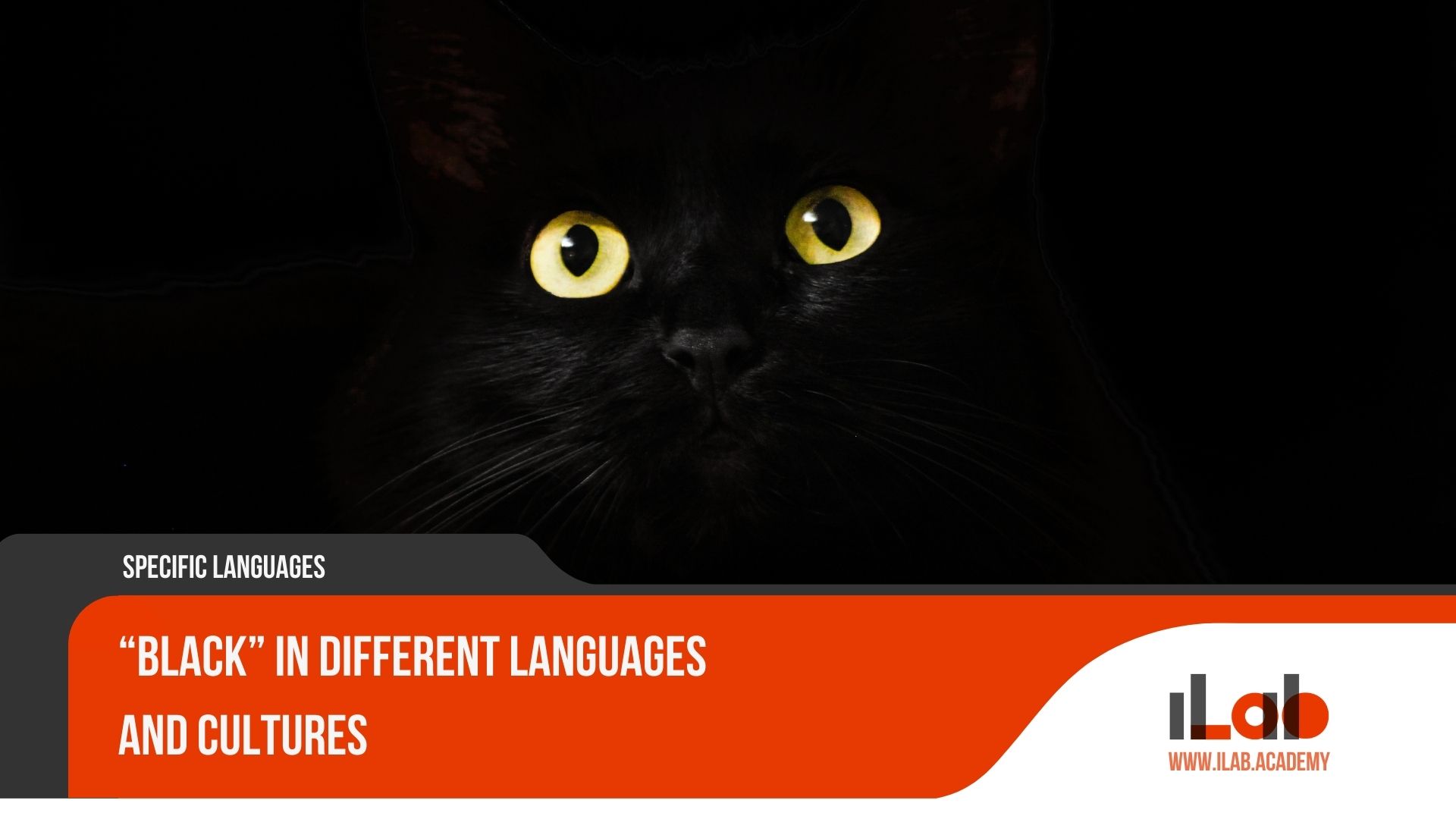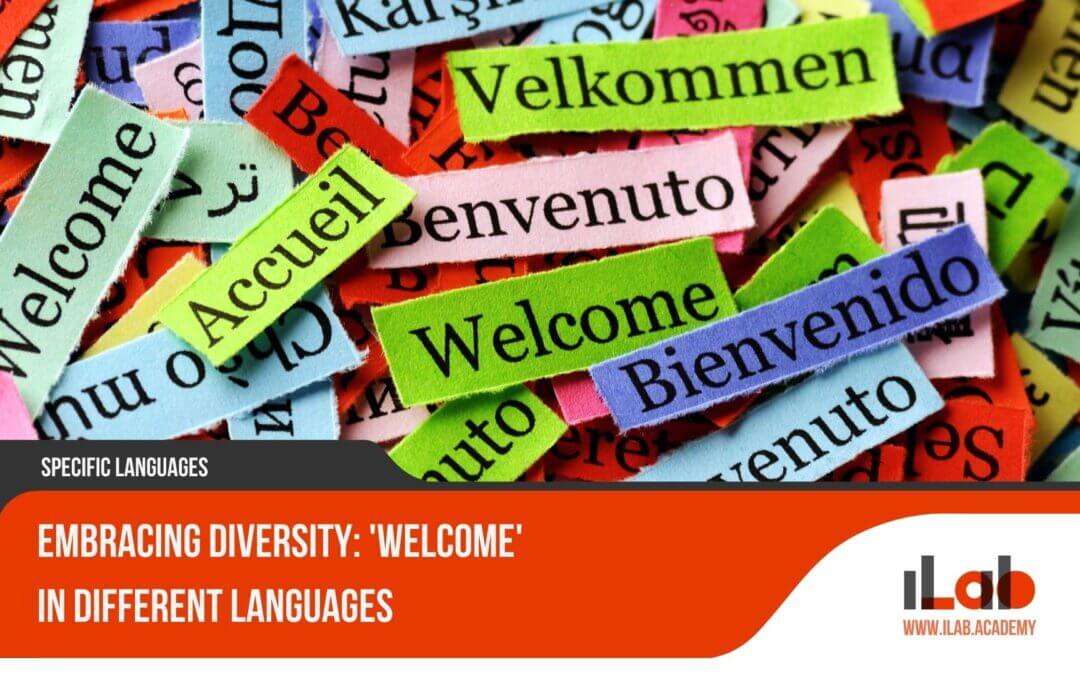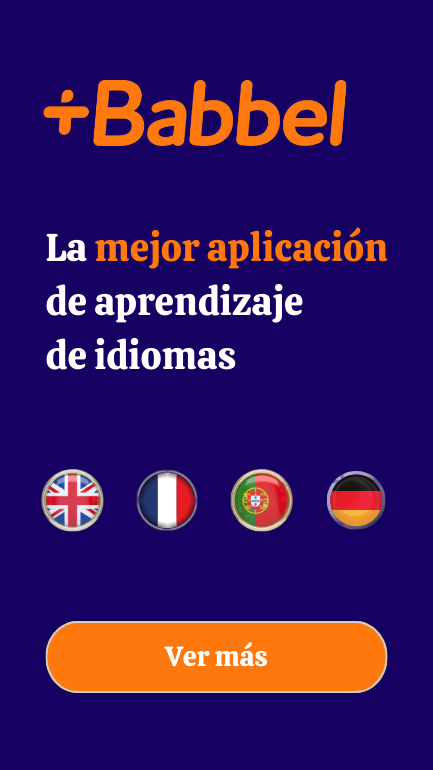Table of contents
As the lifeblood of Egypt’s cultural body, the Egyptian Arabic dialect courses through the conversations of my people. I’ve observed that while Modern Standard Arabic is the official language, taught in schools and used for formal affairs, it’s the local dialect, Egyptian Arabic, that truly resonates with the heartbeat of everyday life. In the markets, cafes, and on the streets, this is the language that I speak and hear, a blend of historic roots and modern colloquialisms. It’s not just Arabic that shapes our linguistic identity, though. I’ve noticed English and French also play significant roles, especially in education and international business. This linguistic diversity reflects Egypt’s multifaceted society, and as I explore this further, I seek to understand how these languages coexist and influence each other in the land of the Pharaohs.
Key Takeaways
- Modern Standard Arabic (MSA) is the official language of government, media, and education in Egypt, maintaining the linguistic connection to the Arab world and Islamic literature.
- Egyptian Arabic is the dominant vernacular in Egypt, widely spoken in daily communication, media, and entertainment, playing a significant role in shaping Egypt’s cultural identity.
- Besides Arabic, Egypt is home to other languages and dialects, including minority languages such as Nubian, Siwi, and Bedouin Arabic dialects, with efforts being made to preserve them.
- Foreign languages like English and French have a prominent role in the Egyptian education system, higher education, international business, and tourism sectors, offering economic opportunities and facilitating international relations.
Modern Standard Arabic: The Official Language of Egypt
I’ve learned that Modern Standard Arabic (MSA) serves as the official language of Egypt, utilized in government, media, and educational settings. It’s a form of Arabic that’s consistent across the Arab world, which helps Egyptians maintain strong ties with their regional neighbors and the broader Islamic community. MSA is the language of officialdom and formality, and it’s also the version of Arabic you’d typically find in written materials, ranging from newspapers to textbooks.
While MSA has this overarching presence, it’s not the language you’d hear in the bustling streets of Cairo or along the Nile in everyday conversation. It differs significantly from the colloquial dialects that carry the vibrancy and immediacy of daily Egyptian life. This distinction is quite important because it means that while all Egyptians learn MSA, it’s not necessarily what they use to express themselves informally. The formal status of MSA connects Egyptians to a rich tradition of literature and Islamic scholarship, reinforcing cultural and religious identities that have been integral to the region for centuries.
Despite its prominence in formal spheres, MSA is not the end-all of the Egyptian language experience. Its role is specialized, and while it’s essential for official communication, it’s not the dialect that captures the heart and soul of Egyptian culture. That honor goes to Egyptian Arabic, which is the subject I’m eager to delve into next. Egyptian Arabic isn’t just another dialect; it’s the dominant vernacular that truly reflects the daily lives and identities of the Egyptian people.
Egyptian Arabic: The Dominant Vernacular
I’m exploring how Egyptian Arabic, the predominant colloquial dialect, serves as the heart of everyday communication and cultural expression in Egypt. This dialect is more than just a means of conversation; it’s deeply woven into the fabric of Egyptian life, mirroring the nation’s soul and its people’s aspirations. Unlike Modern Standard Arabic, which ties the country to the broader Arab world, Egyptian Arabic is a badge of local identity, rich in history and everyday relevance.
Here are some emotional touchpoints that Egyptian Arabic stirs in the hearts of those who speak it and hear it:
- The laughter of children playing in the bustling streets of Cairo, their innocent chatter painting a vivid picture of youth and vitality.
- The poignant lyrics of beloved songs, encapsulating the collective joys and sorrows of generations.
- The spirited bargaining in the souks, where every transaction is a dance of words, wit, and humor.
- The passionate debates in coffeehouses and homes, reflecting the dynamic spirit of Egyptian discourse.
- The warm greetings exchanged between friends and strangers alike, a testament to the nation’s renowned hospitality.
Egyptian Arabic isn’t just a dialect; it’s a living, breathing chronicle of the nation’s journey. It carries with it tales of ancient dynasties, colonial times, and the ever-evolving story of modern Egypt. It’s in the movies that enchant, the TV shows that captivate, and the daily interactions that connect Egyptians to each other and to their heritage. Understanding this dialect is to understand the heart of Egypt.
Other Languages and Dialects in Egypt
In exploring Egypt’s linguistic landscape, I’ve discovered that beyond the ubiquitous Egyptian Arabic, there’s a mosaic of other languages and dialects enriching the nation’s cultural tapestry. Minority languages like Nubian and Siwi (Berber) have roots that delve deep into Egypt’s historical strata, while various Bedouin Arabic dialects echo the diversity of nomadic cultures across the region.
The cultural significance of these languages is immense, as they carry traditions and histories that are pivotal to the identity of their communities. Efforts to preserve these languages are ongoing, with initiatives that aim to keep them alive in the face of a globalizing world where dominant languages often overshadow smaller ones.
To give you a clearer picture, here’s a table that highlights some of the key minority languages and dialects in Egypt:
| Language/Dialect | Region | Significance |
|---|---|---|
| Nubian | Nubia (South Egypt) | Part of the cultural identity of the Nubian people |
| Siwi (Berber) | Siwa Oasis | Distinct from Arabic; Berber roots |
| Bedouin Arabic | Various regions | Reflects the nomadic lifestyle and culture |
| Beja | Eastern Desert | Spoken by the Beja communities |
| Domari | Scattered regions | Language of the Dom people |
Each of these languages and dialects is a thread in the fabric of Egypt’s linguistic identity. They’re not just means of communication but are integral to the stories, rituals, and collective memory of their speakers. As I delve further into this topic, I’ve come to appreciate the richness that linguistic diversity brings to a nation, and the importance of preserving it for future generations.
The Influence of Foreign Languages in Education and Trade
Exploring Egypt’s education system and its trade sectors, I’ve noted a significant presence of foreign languages, particularly English and French, shaping opportunities and international connections. The grasp of these languages is not just a matter of curriculum; it’s a gateway to a world of prospects that significantly impact individuals and the nation’s economy.
In educational institutions, English often takes precedence, especially in higher education where many programs are taught in English to prepare students for the global job market. French, while less prevalent, maintains a strong influence due to historical ties and is favored in certain academic circles and areas of business.
Here’s how foreign languages stir emotions and underscore their importance in Egypt:
- Opportunity: The mastery of English or French paves the way for lucrative careers and scholarships abroad.
- Pride: Fluency breaks down barriers, allowing Egyptians to represent their country on international stages.
- Hope: Young Egyptians view language skills as a ticket to a promising future.
- Nostalgia: French evokes Egypt’s cosmopolitan past, especially in older generations.
- Curiosity: Exposure to different languages fosters a cultural exchange that enriches Egyptian society.
These languages also play a pivotal role in trade and tourism, sectors that are vital to Egypt’s economy. English is the lingua franca of international business, and those proficient in it can engage more effectively with multinational companies and investors. French is especially beneficial in dealings with Francophone countries, further expanding Egypt’s trade horizons.
Understanding the influence of foreign languages in Egypt’s education and trade is crucial. It’s not just about communication; it’s about cultural and economic advancement in a rapidly globalizing world.
The Status of Hieroglyphs and Coptic
Moving beyond the modern linguistic landscape, let’s delve into the revered scripts of ancient Egypt: the hieroglyphs and the Coptic language, which are integral to the nation’s historical identity and cultural legacy. Hieroglyphs are the elaborate, pictorial script that adorned temple walls and papyrus scrolls millennia ago. Today, they’re no longer used for daily communication, but they hold a venerable place in archaeological study and the Egyptian imagination. I’m captivated by their complexity and the way they open a window into the past.
As for Coptic, it’s the direct descendant of the ancient Egyptian language, written using a mix of Greek letters and demotic signs. It once thrived as the lingua franca of Egypt but now primarily survives in the religious context of the Coptic Orthodox Church. I often reflect on its beauty during liturgical services, where its sounds and cadences resonate with history. It’s a living link to Egypt’s Christian community, echoing through prayers and hymns.
Although hieroglyphs and Coptic aren’t used in everyday conversation, they’re far from irrelevant. They’re subjects of academic pursuit, with scholars and enthusiasts alike dedicating time to their study. I find it essential that we maintain this knowledge, as it’s a cornerstone of our cultural patrimony. Understanding these ancient tongues enriches our grasp of Egypt’s multifaceted narrative, from pharaonic grandeur to early Christian traditions.
Language and National Identity in Egypt
As an Egyptian, I’ve observed that the language we speak is a profound emblem of our national identity, woven tightly into the social and historical fabric of our nation. The words we use are more than just a means of communication; they carry the essence of our shared experiences and the weight of our collective history.
Our language bridges the past with the present, reminding us of the grandeur of ancient civilizations and the enduring spirit that has propelled us through centuries of change. Here are some aspects of how our language stirs the heart:
- The lyrical cadence of Egyptian Arabic that dances through our bustling markets and spirited conversations.
- The hallowed verses of Quranic Arabic that resonate in our mosques, enveloping us in a sense of unity and faith.
- The timeless tales and proverbs passed down through generations, encapsulating the wisdom of our ancestors.
- The pride in our linguistic diversity, from the melodic Nubian songs in the south to the Bedouin dialects of the Sinai.
- The reverence for our historical languages, like Coptic, which still echoes in our churches, keeping ancient traditions alive.
This rich tapestry of linguistic expression is a testament to our adaptability and resilience as a people. It’s shaped by socio-economic factors and regional identities, each adding their unique thread to the cultural mosaic that is Egypt. Our language is more than just words; it’s the soul of Egypt, painting every corner of our lives with its vibrant hues. And as the world evolves, so too will the languages we speak, carrying with them the indelible mark of our Egyptian identity.
Challenges and Prospects for Language Policies in Egypt
I’m grappling with the complexities of Egypt’s language policies, where the need to preserve local dialects often clashes with the push for Modern Standard Arabic and foreign language mastery. This balancing act isn’t just about communication; it’s about cultural identity, economic opportunities, and social integration.
For instance, while Modern Standard Arabic (MSA) connects Egyptians to the wider Arab world, many fear that local dialects may be sidelined. These dialects aren’t just linguistic variations; they’re carriers of Egypt’s diverse heritage. Meanwhile, English and French are seen as crucial for global trade and higher education prospects, yet their prominence might overshadow the significance of local languages.
Here’s a quick glance at the linguistic landscape:
| Language/Dialect | Domain of Use | Challenges |
|---|---|---|
| MSA | Official settings, Education | Perceived as less accessible |
| Egyptian Arabic | Daily communication, Media | Marginalization in formal use |
| Foreign Languages | Higher education, International Business | Risk of cultural dilution |
Language policies must navigate these waters carefully. They have to ensure that Egyptians can compete on a global stage without losing their linguistic heritage. It’s a tightrope walk between advancing proficiency in key languages and nurturing the rich tapestry of local dialects.
What’s at stake here is more than just words; it’s about the future of Egypt’s national identity and its place in the world. The prospects for these policies will hinge on their ability to foster inclusive growth and unity in the face of linguistic diversity. It’s a challenge, sure, but also a chance to showcase the adaptability and resilience of Egypt’s linguistic culture.
Navigating a Multilingual Future: Egypt’s Linguistic Evolution
Egypt’s linguistic evolution, in my view, is set to be as dynamic and diverse as its history, with the potential to seamlessly integrate global influences while preserving the richness of local dialects. As we look towards the future, I can’t help but feel a sense of excitement at the thought of how our language landscape will unfold in the face of modern challenges and opportunities.
- The resilience of Egyptian Arabic, echoing through lively souks and bustling cafes, continues to be the heartbeat of our daily interactions.
- Ancient whispers of Coptic and hieroglyphs, still revered, remind us of the timeless bond we share with our ancestors.
- The subtle elegance of Modern Standard Arabic, used in our literature and media, bridges our present with the Arab world.
- Languages like Nubian and Siwi, though lesser-spoken, form a colorful mosaic of our diverse cultural fabric.
- The surge of English and French in our education system signals a nation poised for global engagement, without losing sight of its roots.
The way we Egyptians navigate our multilingual identity is more than a mere adaptation to globalization; it’s a testament to our society’s rich complexity. We’re not just passively absorbing foreign elements; we’re actively shaping a future where our linguistic diversity is both a foundation for national pride and a gateway to global communication.
As the digital era continues to shrink our world, I’m hopeful that Egypt’s linguistic journey will remain authentic to its character. It’s not just about preserving languages; it’s about nurturing an environment where they can coexist and enrich one another, ensuring that our national identity continues to thrive in a connected world.
Frequently Asked Questions
How Do Language Use Patterns Vary Among Different Age Groups in Egypt?
In Egypt, I’ve noticed that younger people often mix English and Arabic in daily conversation, especially in urban areas. They’re more exposed to English through media and education. The older generations tend to stick to pure Egyptian Arabic or even use some French phrases, reflecting their educational background. In rural regions, age doesn’t make as much of a difference; local dialects are dominant among all generations.
Are There Any Active Movements or Initiatives to Revive or Promote Extinct or Endangered Languages in Egypt?
I’m fascinated by how languages evolve, so I’ve been researching initiatives to revive endangered languages in Egypt. I found out that there are efforts to preserve languages like Nubian and Siwi (Berber). These movements often involve cultural programs and education to keep the languages alive. It’s crucial because once a language dies, a unique part of human heritage is lost. I’m rooting for these initiatives; they’re vital for cultural diversity.
How Has the Rise of Social Media Platforms Influenced the Use of Egyptian Arabic and Other Dialects Among the Youth?
I’ve noticed that social media has really amped up the use of Egyptian Arabic among the youth. It’s not just about chatting; it’s shaping slang and expressions, too. Young people are mixing dialects and English phrases, creating a vibrant linguistic blend. It’s like these platforms are giving a new, cool edge to our everyday speech, pushing our language to evolve in ways that classrooms and traditional media just haven’t.
What Role Does Language Play in the Egyptian Film and Music Industries, and How Does It Affect Regional and International Popularity?
In the Egyptian film and music industries, language shapes content and broad appeal. I’ve noticed that films and songs in Egyptian Arabic often gain regional fame due to the dialect’s widespread understanding across the Arab world. However, when artists opt for Modern Standard Arabic or English, they’re usually aiming for international reach. My choice of language in my work affects who’ll watch or listen, influencing my regional and global impact.
In What Ways Do Egyptian Expatriates Maintain Their Linguistic Ties to Their Homeland, and How Do They Integrate the Egyptian Dialect Into Their Daily Lives Abroad?
I’ve noticed that Egyptian expatriates often maintain their linguistic ties by speaking Egyptian Arabic with family and friends. They also integrate it into daily life abroad by consuming Egyptian media, participating in community events, and teaching the dialect to their children. This connection to their cultural roots helps them stay anchored to their homeland while they navigate and embrace a new cultural environment in their country of residence.
Conclusion
As I reflect on Egypt’s linguistic journey, I’m struck by the resilience of our spoken word. Modern Standard Arabic unites us, but it’s Egyptian Arabic that truly captures our spirit. The presence of other dialects and foreign languages adds depth to our identity. While ancient tongues like Hieroglyphs and Coptic mark our history, our language policies face the challenge of embracing a multilingual future without losing our essence. We’re navigating this evolution, one word at a time.

